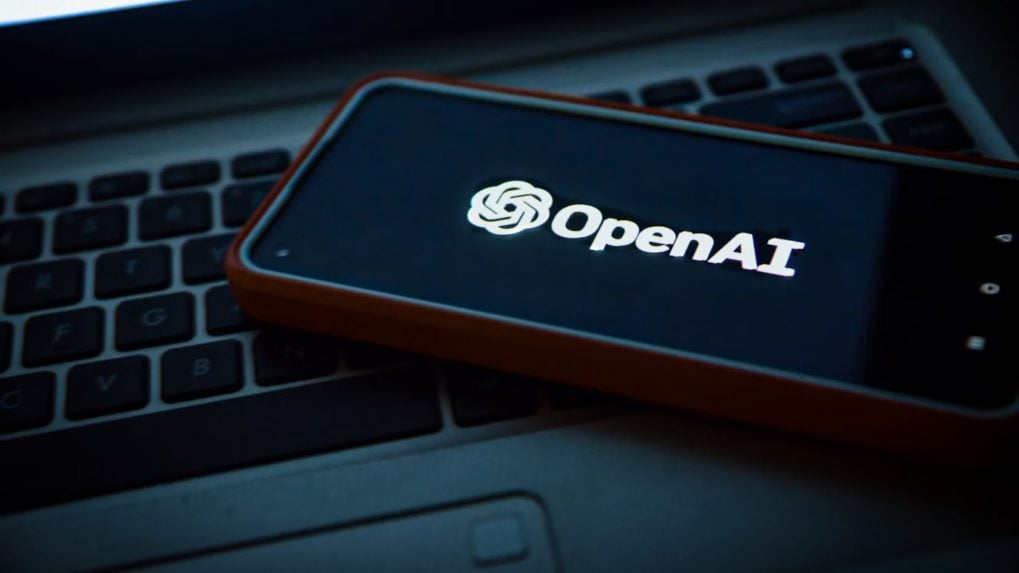OpenAI challenges court order to hand over 20 million ChatGPT conversations
OpenAI contends that such measures do not sufficiently protect users from potential exposure.
ADVERTISEMENT
OpenAI has urged a federal judge in New York to overturn a ruling that compels it to hand over 20 million anonymised ChatGPT chat logs as part of an ongoing copyright infringement lawsuit filed by The New York Times and several other news organisations. The company argued that complying with the order would compromise user privacy and expose sensitive information unrelated to the case.
In a court filing submitted on Wednesday, OpenAI stated that “99.99% of the transcripts have nothing to do with the copyright allegations” and warned that the ruling could potentially expose personal conversations of users worldwide. The company maintained that the order amounted to a “speculative fishing expedition,” claiming that “anyone in the world who has used ChatGPT in the past three years must now face the possibility that their personal conversations will be handed over to The Times to sift through at will.”
The request to hand over the data stems from the lawsuit’s central allegation that OpenAI unlawfully used copyrighted articles from The New York Times and other publishers to train its generative AI models. The plaintiffs argue that the chat logs are essential to determining whether ChatGPT reproduced their content and to refute OpenAI’s claims that the journalists had “hacked” the chatbot to generate incriminating responses.
Magistrate Judge Ona Wang, who issued the original order, stated that user privacy would be protected through the company’s “exhaustive de-identification” process and other safeguards. OpenAI, however, contends that such measures do not sufficiently protect users from potential exposure. The company has until Friday to comply with the order.
In a blog post published the same day, Dane Stuckey, OpenAI’s Chief Information Security Officer, said that disclosing the chat logs would “violate privacy and security protections” and “force us to turn over tens of millions of highly personal conversations from people who have no connection to The Times’ baseless lawsuit.”
Neither The New York Times nor its legal representatives have responded to requests for comment, as per a Reuters report.
The case forms part of a broader wave of copyright disputes targeting major AI firms, with media outlets, artists and authors accusing technology companies of misusing protected material to train large language models without consent or compensation.

